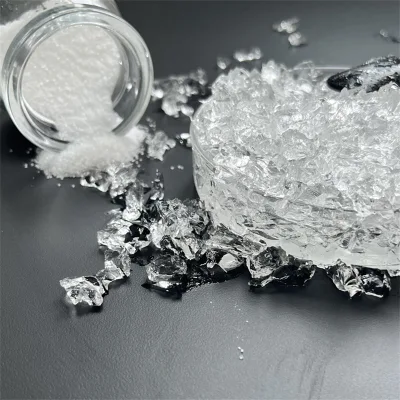Harnessing the Benefits of Naturally Derived Polymer-Based Hydrogels for Sustainable Agriculture

In the realm of sustainable agriculture, naturally sourced polymer-based hydrogels outshine their synthetic counterparts, offering a blend of biocompatibility, physicomechanical strength, and environmentally friendly characteristics.
Essentially, a hydrogel is a polymer created by cross-linking monomers with a strong ionic agent, such as a cation. Its unique structure allows it to absorb and retain significant amounts of water within its branched polymer network. While typical alkali metals serve as common cations, the application in soil demands a cation that imparts non-toxic, biodegradable properties to the water-absorbing material. Interestingly, potassium emerged as a crucial alkali metal in soils, promoting plant growth without soil pollution. This discovery led to a novel dual-purpose application of hydrogel in agriculture and as a soil conditioner.
Driven by the imperative for more arable land to meet escalating agricultural production demands, there is a renewed focus on developing innovative soil conditioner materials with improved application methods and reduced usage rates. Hydrogel, categorized as a cross-linked water-absorbing polymer, achieves this by forming hydrogen bonds with water molecules. In agriculture, these hydrogels, often referred to as water retention granules, exhibit a remarkable ability to swell to multiple times their original size when in contact with water. This transformative property underscores their potential in contributing to sustainable and efficient agricultural practices.

